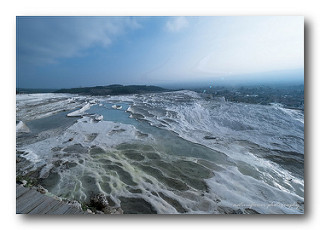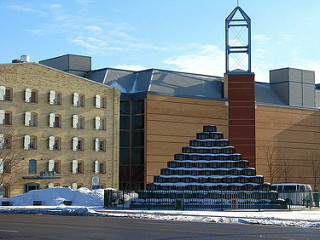Women in International Security (WIIS) – Canada is pleased to announce its 12th annual workshop:
Security and Power in a Tumultuous World Order
Munk School of Global Affairs,
Toronto, June 19-21, 2019
Presentation proposals due: March 22, 2019
Women in International Security (WIIS)-Canada is proud to invite applications from graduate students* to participate in its 12th annual Workshop, to be held at the University of Toronto’s Munk School of Global Affairs from June 19-21, 2019. WIIS-Canada is a national network dedicated to advancing the position of women students, scholars, and practitioners in the field of international affairs, defence, and security. Up to 35 graduate students will be selected to present their research and take part in skill-building, networking, and mentorship exercises with subject-matter experts from academia, government, military, and the non-profit and private sectors.
This year’s theme, “Security and Power in a Tumultuous World Order” offers participants a platform to survey and analyze the dramatic changes in international security and cooperation since the 2016 United States’ general election. In addressing these challenges, the workshop seeks
to diversify the voices in defence and security, encouraging dialogue between traditional and critical approaches, as well as theory and practice.
This year, we seek two types of presentation from graduate students interested in international security, broadly defined. First, we invite five-minute thesis proposals from junior graduate students to receive feedback on early-stage projects. Second, we invite senior graduate students to
propose ten-minute presentations on their research during topical roundtable sessions. Specific topics may include, but are not limited to:
• Tensions between national and international security
• Canada-US relations
• Shifts and transformations in the international system
• New actors in international relations and security
• Indigenous global politics
• Diplomacy and international cooperation
• Feminist methods and methodologies in International Relations
Please send questions and abstracts of a maximum of 250 words, together with a short bio of 150 words, to workshop@wiiscanada.org by Friday March 22, 2019. While we do not expect complete papers to be submitted prior to the workshop, selected participants must submit a detailed outline of their presentation to the organizers by June 1st, 2019.
*WIIS-Canada welcomes workshop applications from all genders.
photo credit: Lynn Friedman via photopin (license)









